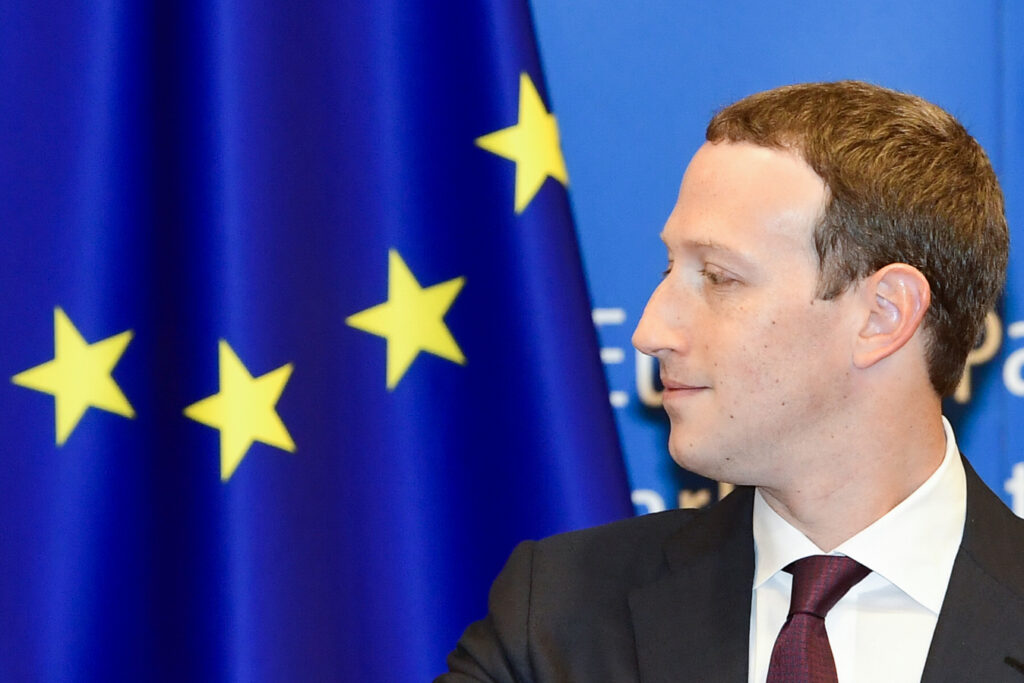The European Commission has announced the opening of an investigation against Meta for suspected infringements on the spread of online disinformation and deceptive advertisement.
Amid suspicions of breaches of the Digital Services Act (DSA), the EU has taken action against Meta – just five weeks before the elections – for not adequately protecting its users from political disinformation on its two platforms Facebook and Instagram.
"We are launching formal infringement proceedings against Meta because we suspect them to be in breach of DSA obligations regarding deceptive advertising and political content," said Thierry Breton, Commissioner for Internal Market. He added company has failed to "provide researchers, journalists and election stakeholders with real-time monitoring tools and effective mechanisms to flag illegal content."
The EU accuses Meta of failing to stop deceptive advertising and political content on its platform, despite the legal requirement stipulated in the DSA, as well as failing to provide an independent election-monitoring tool after having removed real-time public insights tools like CrowdTangle without an adequate replacement.
The Commission further suspects that the mechanism for flagging illegal content on the services (Notice-and-Action) as well as the complaint-mechanisms are not compliant with the requirements of the DSA. There are also shortcomings in Meta's provision of allowing researchers access to publicly available data.
Multi-state operations
"Despite the exposures of numerous disinformation campaigns and repeated concerns about researchers’ access to data, the European Commission announces its formal investigation only five weeks before the European elections," a press release from EU DisinfoLab, a Brussels-based NGO countering online disinformation, who nonetheless welcomes the action.
The NGO was instrumental, in collaboration with Qurium, in uncovering a multi-language and multi-state disinformation operation led by Russia in September 2022, called Doppelganger. These sophisticated operations are designed to disrupt democratic systems, elections and are still active today, EU DisinfoLab stresses.
According to AIForensic's research, a permanent advertisement campaign consisting of thousands of ads on Meta platforms pushed Russian propaganda to millions of Europeans through the incessant creation of hundreds of thousands of fake accounts. Meta has been aware of these networks for two years.

Russia President Vladimir Putin. Credit: Belga / Benoit Doppagne
Many experts in the field are calling this challenge the "stress test" for the efficacy of the EU's landmark DSA, which came into effect in August last year.
EU Disinfo Lab Executive Director, Alexandre Alaphilippe calls the voluntary commitments and declarations of intentions "not enough" to comply with current European regulations.
"Failures from platforms (and not only Meta) to meaningfully address daily disinformation campaigns that keep abusing platforms’ policies and processes is putting European elections and democracy at imminent risk of being undermined by foreign interference, primarily Russian propaganda," he said.
Facebook (how Meta was formerly known) was previously at the centre of an international political scandal where personal data of millions of Facebook users was collected without their consent by British consulting firm Cambridge Analytica. The data was used for political advertising in favour of the Brexit campaign in the United Kingdom and the Donald Trump's presidential campaign in the United States, both in 2016.

